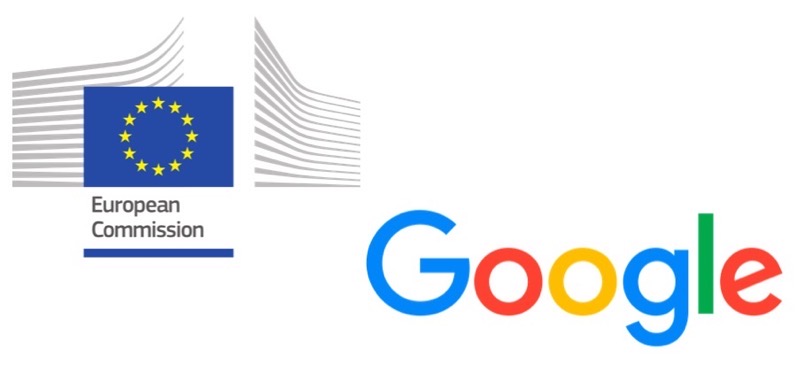
The EU Wants to Blow Up Google’s Ad Business

The European Commission announced on Wednesday that Google may have violated EU antitrust regulations in the advertising technology industry. The commission alleges that Google has been unfairly favouring its own online display advertising technology services, disadvantaging competing adtech service providers, advertisers, and online publishers.
The adtech industry is essential for advertisers and publishers, providing digital tools for real-time ad placements not related to search queries, like banner ads on newspaper websites. The tools include publisher ad servers, ad buying tools, and ad exchanges, where publishers and advertisers negotiate in real-time, usually through auctions, to buy and sell ad space.
Google offers several adtech services to mediate between advertisers and publishers. These services include two ad buying tools, “Google Ads” and “DV 360”, a publisher ad server, “DoubleClick For Publishers” (DFP), and an ad exchange, “AdX”.
The Commission preliminarily holds the opinion that Google is dominant in the European Economic Area-wide markets for publisher ad servers with DFP and for programmatic ad buying tools with Google Ads and DV360. It preliminarily finds that Google has been abusing these dominant positions since at least 2014, by favouring its own ad exchange AdX in several ways, which may have prevented competition and allowed Google to charge high fees for its service.
“Google has a very strong market position in the online advertising technology sector. It collects users’ data, it sells advertising space, and it acts as an online advertising intermediary. So Google is present at almost all levels of the so-called adtech supply chain. Our preliminary concern is that Google may have used its market position to favour its own intermediation services. Not only did this possibly harm Google’s competitors but also publishers’ interests, while also increasing advertisers’ costs. If confirmed, Google’s practices would be illegal under our competition rules,” stated Margrethe Vestager, the Executive Vice-President in charge of competition policy, on June 13, 2023.
Google responded to the allegations by saying, “Today’s Statement of Objections from the European Commission sets out claims that are not new and relate to a narrow part of our advertising business. It fails to recognize how advanced advertising technology helps merchants reach customers and grow their businesses — while lowering costs and expanding choices for consumers,” according to Dan Taylor
Vice President, Global Ads.
“In such a crowded space, publishers, and advertisers choose to use Google because our products are effective and reliable. Our ad tech fees are transparent and consistent with industry rates. And our industry-leading tools help publishers and advertisers verify that they don’t face hidden fees in buying and selling ad placements,” added Taylor.
The Commission suggests that only mandatory divestment by Google of part of its services would resolve these competition concerns. That means breaking up Google’s ad business. This step does not forecast the outcome of the ongoing investigation.
If proven, such actions would contravene Article 102 of the Treaty on the Functioning of the European Union (TFEU), prohibiting the abuse of a dominant market position. The violation can result in a fine of up to 10% of the company’s annual global turnover, says the EU.

